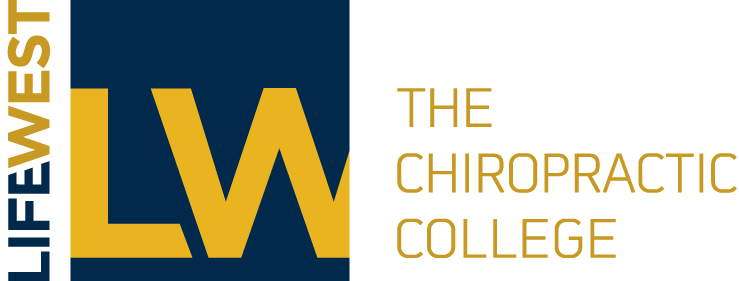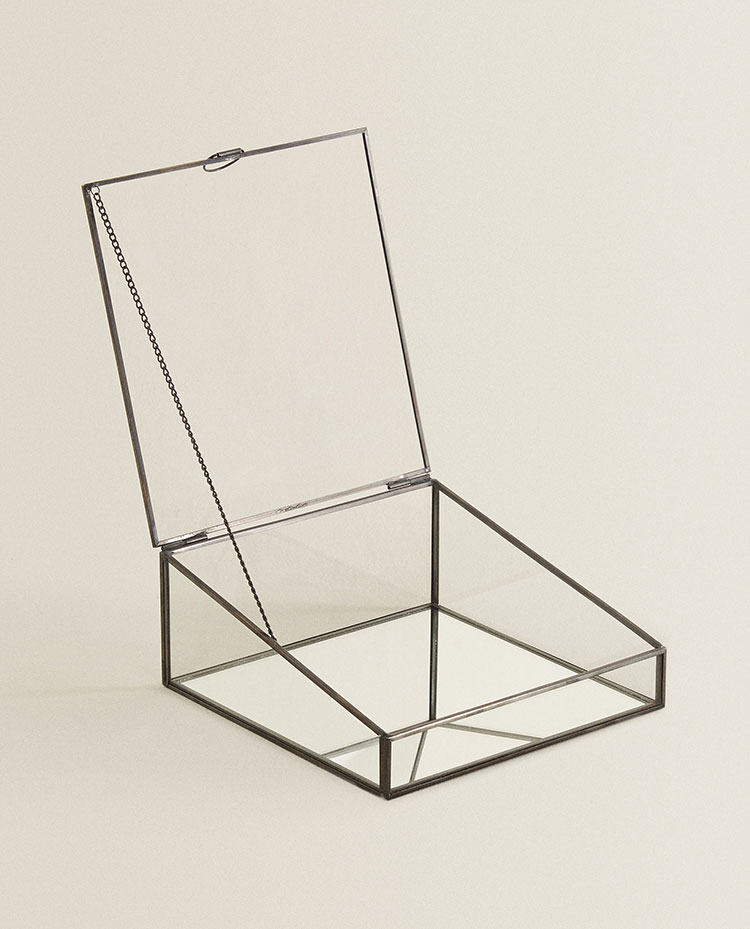What exactly does it mean to be human? Is it because we have a soul? Is it because we are able to critically think and problem-solve? Or maybe it is because we can understand abstract concepts? Although I don’t think any one definition could sum up exactly what it means to be a human being, I think of it as a single word. The one part of being human that is not only essential to differentiate ourselves from any other species but also necessary for us to thrive in this world is this: expression. We rely on expression to thrive because it allows us to create a connection with those around us. What are we without our ability to make known our thoughts and feelings? To make this aspect of being human even more beautiful, everyone expresses themselves in their own unique ways.

Rebekka Kuzichev
But what happens when this ability is taken away or diminished? What happens to us when we cannot connect with people through expression? There is no question that if a person lived their life in isolation, devoid of all human contact, their health would not be optimal mentally and physically. What most people don’t realize is that this can happen on a physiological level when the brain encounters a trauma. This is called dissociation, and through dissociation we can physiologically lose our ability to connect with people.
The most dangerous and unspoken cultural expectation today is how we are expected to “ignore our feelings.” Critical thinking, achievements and problem-solving become the focus of what it means to be successful in today’s society, and it’s killing us. We ignore our mental struggles and press on towards our tangible and measurable goals. And yet we wonder why mental illness is at an all-time high in U.S history. When the nervous system encounters a trauma, we work on getting rid of the pain it has given us, as opposed to listening to these “symptoms,” which teaches our body to ignore the warning signs it is giving us. This habit will throw our nervous system into a constant state of defense as it tries to manage the trauma while simultaneously trying to avoid further pain.
Dissociation occurs because it is physiologically impossible for us to be fully expressed while being in a state of defense. Right now, social interaction is not the priority, survival is. When Stephen Porges discovered the Polyvagal theory, he was able to describe the mind-body interaction through the vagus nerve, explaining that there is an undeniable connection between our physiology and our mind, with both of them being able to influence each other. When we encounter a trauma – physical, mental, or emotional – and are unable to successfully enact the sympathetic fight or flight response, this is when the vagus nerve kicks in. If our body is unable to escape the trauma, immobilization is the next step to survival. We freeze, disconnect and dissociate to minimize the sensory and visceral pain. Even though this pathway is necessary for survival, it can be incredibly difficult to get out of after the threat has been neutralized. Anything that remotely reminds our nervous system of this trauma will trigger a dissociative response. We disconnect from our social engagement system and enter into what some people describe as being trapped in a glass box. They can be in the world but are unable to interact with people completely or as much as they used to. Still wondering why we have the highest rates of depression, anxiety and suicide of any era?
While it does look like a bleak future for those who are living in glass boxes, this is exactly how the chiropractic adjustment can help. Who else can access the nervous system and enable the body to heal itself? It is not a focus on the trauma itself, for we are not therapists or psychologists. But rather, we can be guides into helping these physiological responses return to a normal state. The fact that a chiropractic adjustment can directly affect the autonomic nervous system is enough to celebrate yet another extraordinary aspect of this great profession. This is how we change lives.
This article first appeared in the September 2019 issue of Lifelines, the Life West student magazine.


